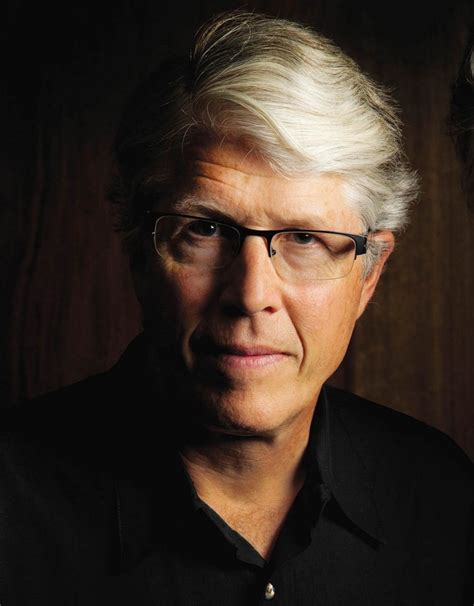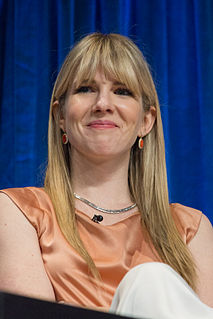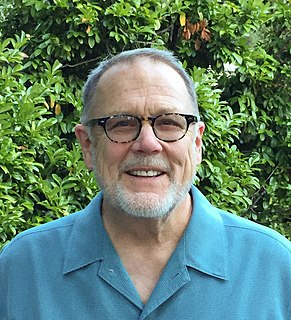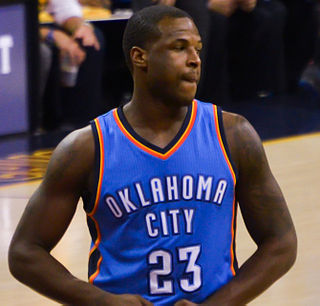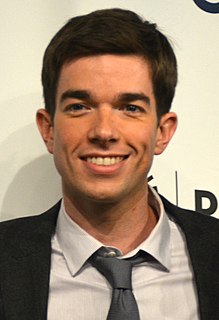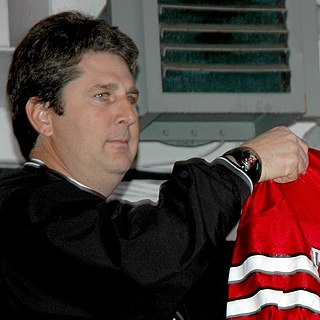A Quote by Douglas Preston
I'm pretty much a 9-to-5 kind of guy. I usually get to work about 8 in the morning, and I work until 4 or 5, and sometimes I work on Saturday and Sunday mornings. Pretty much I keep the same hours as an accountant or clerk or whatever.
Related Quotes
Sometimes I would go home from work and just stare at the wall for a couple of hours. But, I can't complain. Whatever knocks you out working is the kind of work that I want to be doing because it's always those challenges that are the most exciting, and the things I hope to get to keep doing in my work.
The public interest always surprises me. I come to work in these rooms with no windows. At night I go home. I just live my life. I guess I just don't think much about whether people are going to watch. Most of my friends don't know much about what I do, and we don't talk about it. I have a different life away from work. Which is fine, because my work can get pretty intense.
The thing about running is, if I run in the morning before work, I feel like I'm ahead of the day. Whatever work I've done in terms of preparation or research or thinking about the scene or the character, it all kind of crystallizes in that moment in the morning. And sometimes I have the best ideas then.
Live your passion. What does that mean, anyway? It means that when you get up for work every morning, every single morning, you are pumped because you get to talk about or work with or do the thing that interests you the most in the world. You don’t live for vacations because you don’t need a break from what you’re doing—working, playing, and relaxing are one and the same. You don’t even pay attention to how many hours you’re working because to you, it’s not really work. You’re making money, but you’d do whatever it is you’re doing for free.
I have found that people who really want to work at 'Saturday Night Live' and pursue it get pretty close. You have to be funny - but everyone who works there, it was their dream to work there. So it's kind of nice in that way - there's a lot of people who say, 'I just always wanted to do this, and now I'm doing it.'
And if I'm ahead, I can sometimes tell. It might mean I'm having a good swim, but pretty much, I'm just focused on how fast I'm going, how fast I'm feeling, and pretty much block everything out, the sounds, the sights, just kind of listen to the rhythm of the water, and just maintaining the same stroke, the same rhythm, the same tempo, and thinking about how I want to get my hand to the wall.
If somebody asked for the first draft of something I'd written, it'd probably be pretty close to whatever got published. I get enjoyment out of writing, but I get absolutely no enjoyment out of rewriting, so I don't do much of it. The more you work on something, certainly, the better it gets. But there's also a pretty clear law of diminishing returns.
How much is an hour of your time worth? It's worth whatever wage you would get if you spent that hour working. If you work for an hourly rate, this is an easy calculation. Even if you work for a salary and a fixed number of hours, the principle is the same: It's whatever your salary works out to per hour.
